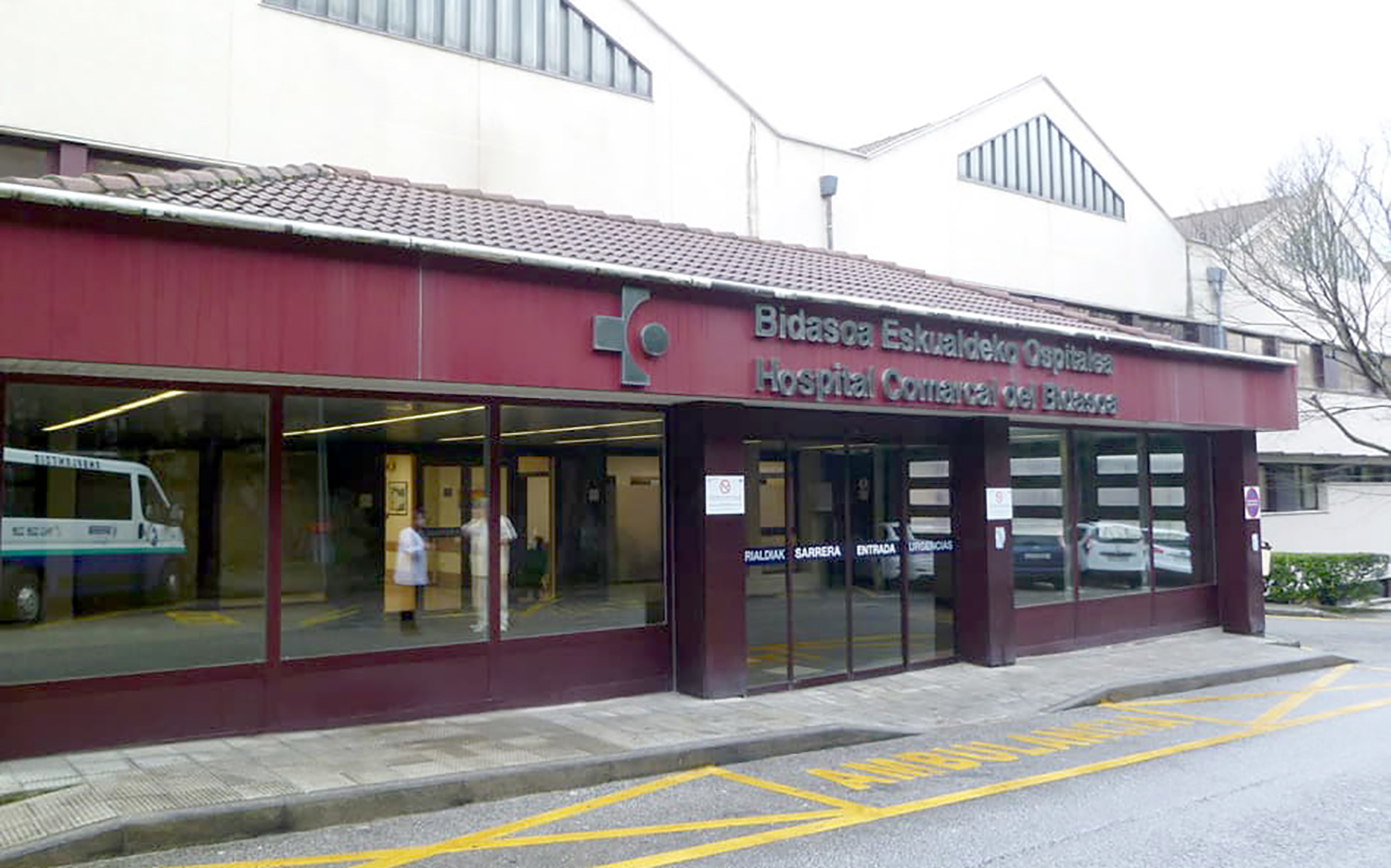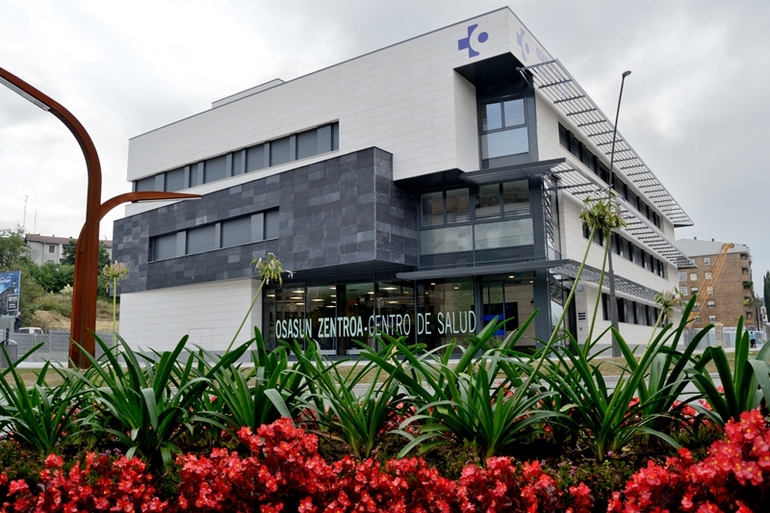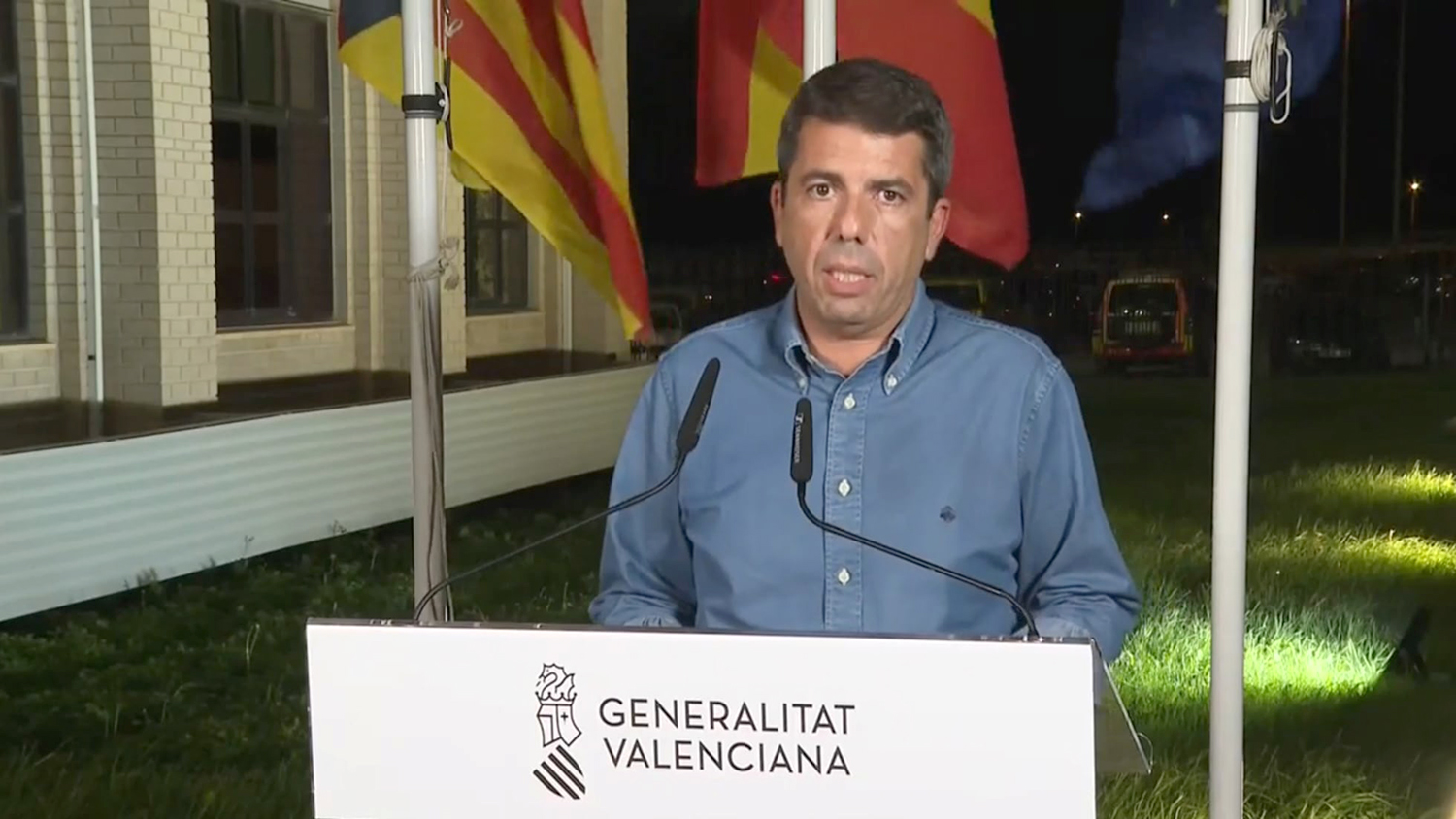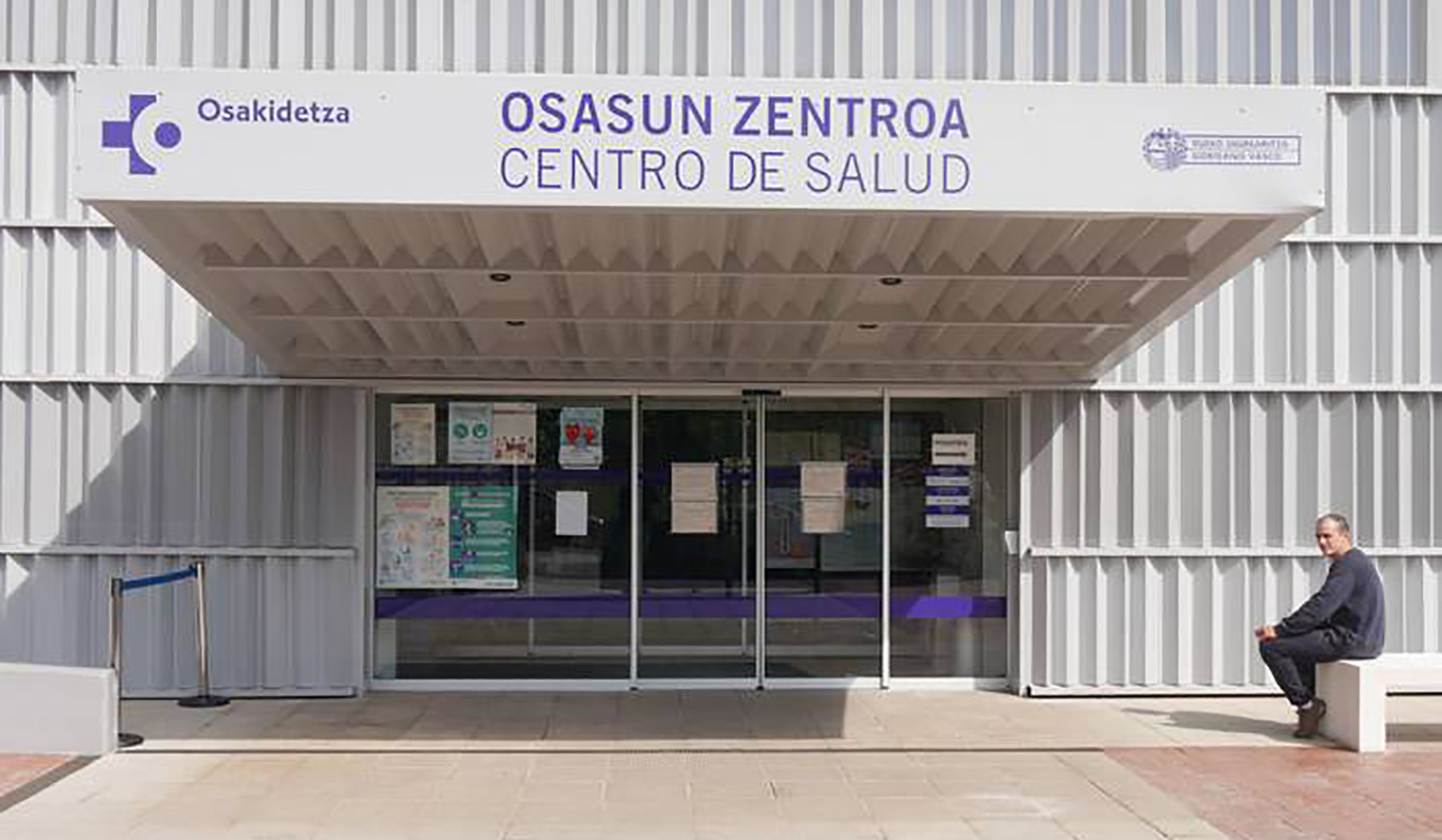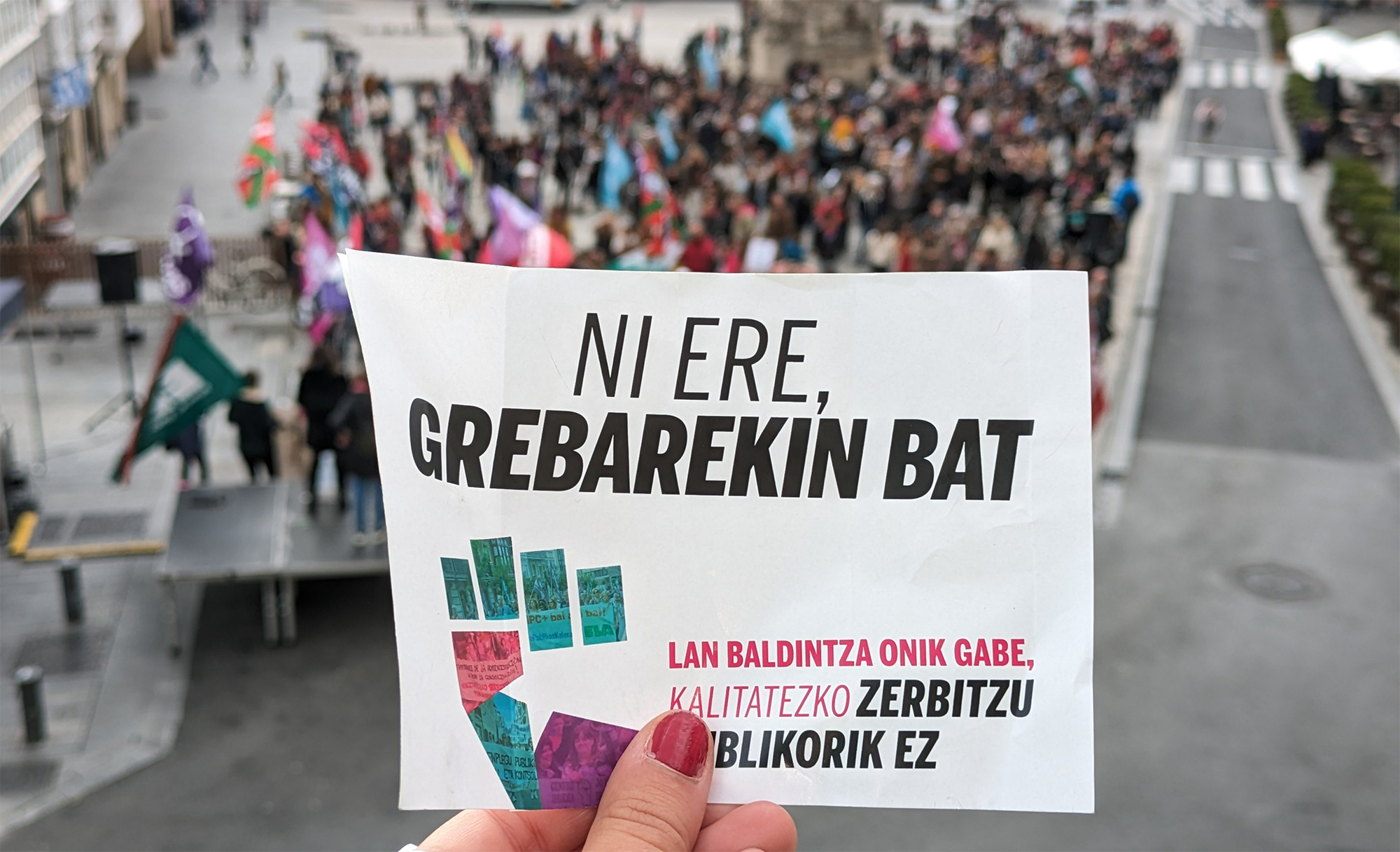Structural solutions for Osakidetza
- The political leaders of Osakidetza say that there have been no cutbacks in the Basque health system and do not understand that their workers will convene three days of strike. Apparently, they do not use public health services, because if they use them, like most workers, they should recognize the reality of these cuts.

According to the leaders of Osakidetza and the Basque Government, there are no cutbacks in the Basque health system and it is not understood that three days of strike will be convened on 29 October in Álava, on 5 November in Gipuzkoa and on 12 November in Bizkaia. It gives the impression that it does not mean anything that nine such different unions would call for a strike (ELA, SATSE, SME, LAB, CCOO, UGT, ESK, SAE and UTESE). Moreover, this is not the first time, as a three-day strike in primary care was reconvened last year, and mobilizations resumed in June.
These policymakers apparently do not use the services of Osakidetza, perhaps because they have the economic capacity to pay for good private insurance. If they were to use them, like most workers, they would have to acknowledge the reality of these cuts. You would know that if your family doctor has retired a year ago, today you will no longer have anyone to represent you, and that it takes four or five doctors to care for you, not on the front lines, but on the phone. Delays in testing will be more than six months. Pay attention.
In this context, the convening of trade unions is logical, timely, just and necessary to seek structural solutions: Public health investment equivalent to the European average, earmarking 25% for primary care; expansion of staff and consolidation of temporary staff in Osakidetza with 15,000 workers; recovery of purchasing power; recovery of all restrictions; adoption of measures to ensure the health and safety of workers…
It is time for the Basque Government to abandon its propaganda policy and for Osakidetza to be the institution that best serves Basque society, because without public health there is no future, there is no life, there is no economy.
Pazienteek Donostiara joan behar dute arreta jasotzeko. Osasun Bidasoa plataforma herritarrak salatu du itxierak “are gehiago hondatuko” duela eskualdeko osasun publikoa.
As a professor of the UPV/EHU, I have often received an invitation to give the conferences. Often for musutruk or low pay. As a professor, they assumed that he had a living and stable wage. Nobody asked me about the working situation. I have not opened my mouth.
There is a... [+]








